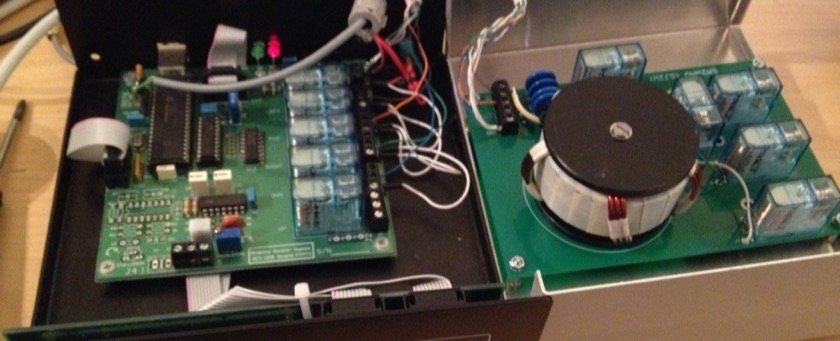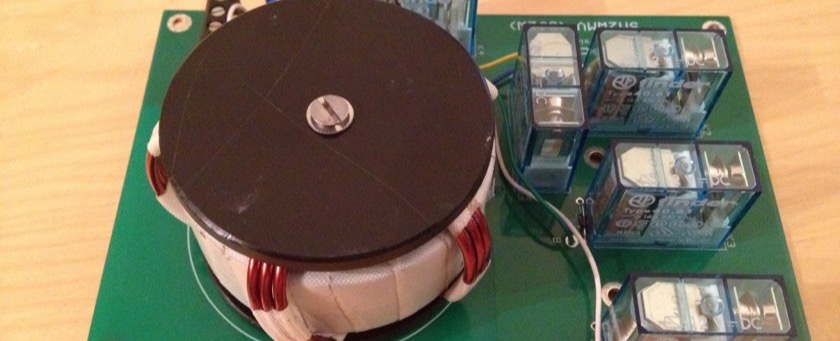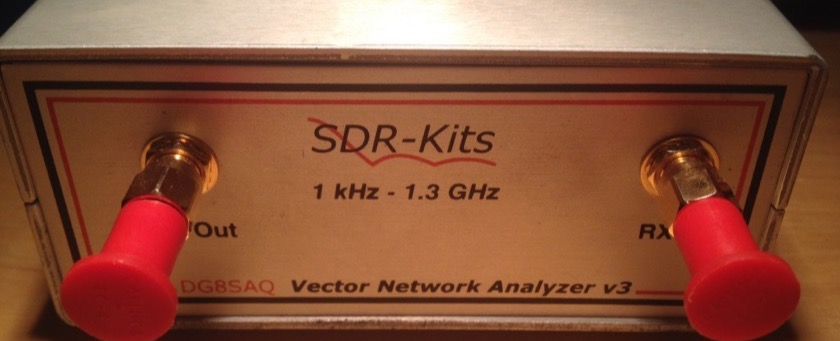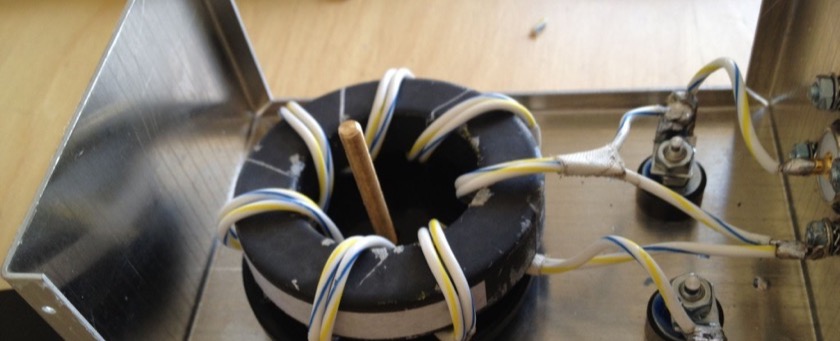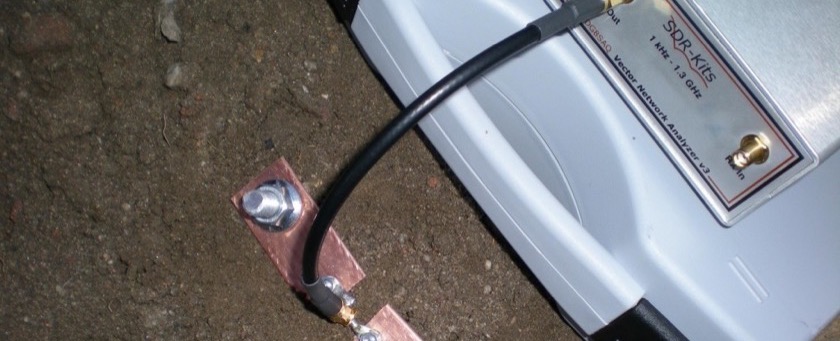At our Contest Station ED1R, we have on each highband 3 Yagis available. In 2012 I built 4 high-power Stackmatches to switch and combine them properly. Since I never liked the way of WX0B’s stackmatch controllers with the rotative knob, a microcontroller and button-based solution were the answer. After a few contests, the solution has proven its reliability and comfort.
